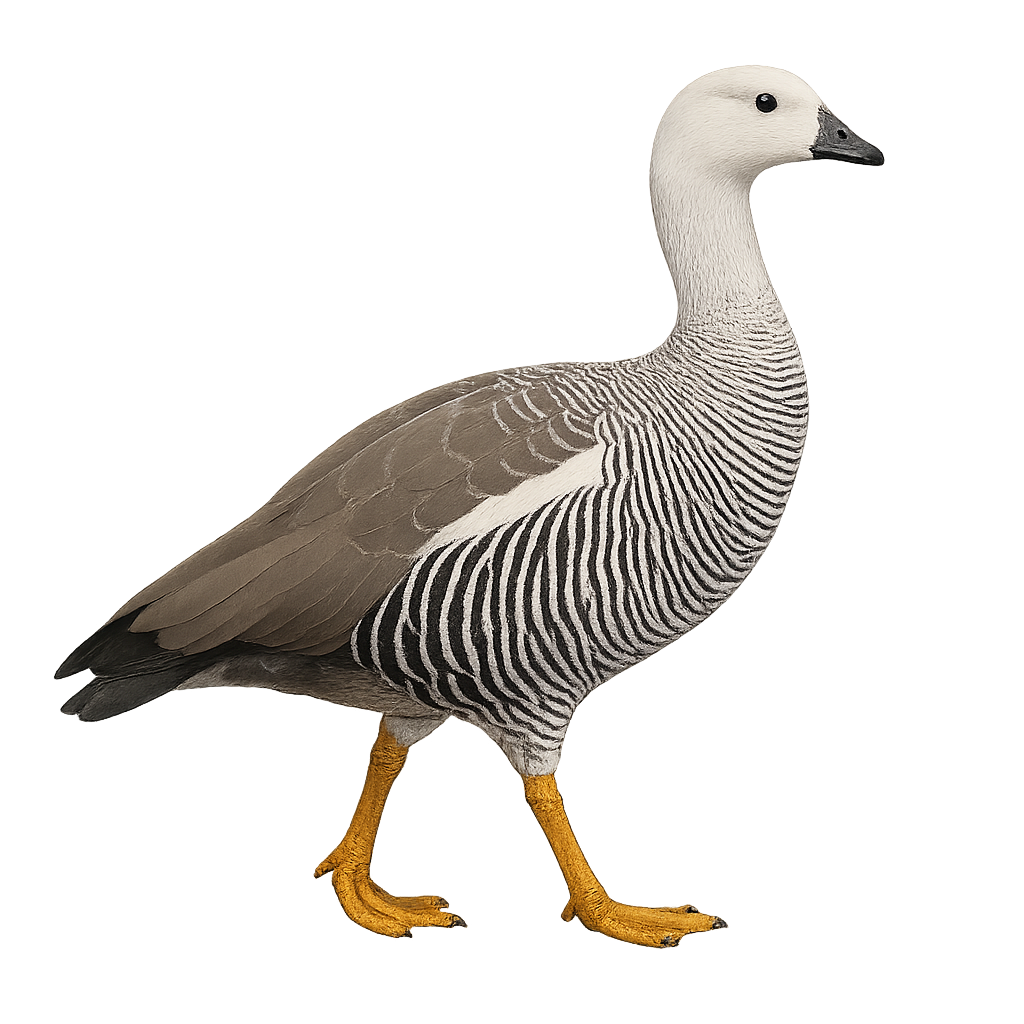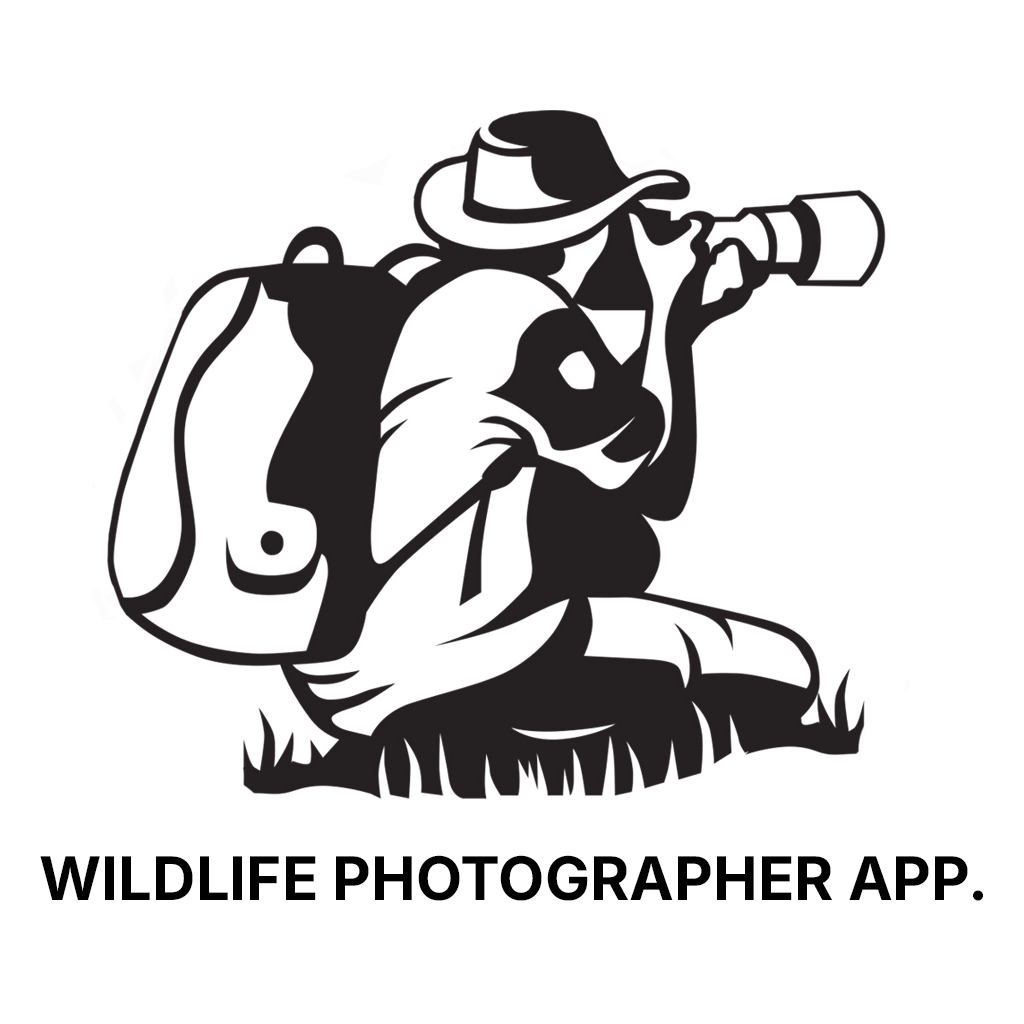Your wildlife photography guide.
Explore the upland goose in detail, study its behavior, prepare your shots.
Where to observe and photograph the upland goose in the wild
Learn where and when to spot the upland goose in the wild, how to identify the species based on distinctive features, and what natural environments it inhabits. The WildlifePhotographer app offers tailored photography tips that reflect the upland goose’s behavior, helping you capture better wildlife images. Explore the full species profile for key information including description, habitat, active periods, and approach techniques.
Upland Goose
Scientific name: Chloephaga picta

IUCN Status: Least Concern
Family: ANATIDAE
Group: Birds
Sensitivity to human approach: Not very shy
Minimum approach distance: 10 m
Courtship display: September to November
Incubation: 30-32 jours
Hatchings: October to December
Habitat:
Grasslands, wetlands, marshes
Activity period :
Primarily active during the day, with peak activity in the morning and late afternoon.
Identification and description:
The Upland Goose, or Chloephaga picta, is a robust and elegant bird native to the southern regions of South America. It is characterized by its white plumage in males and brown in females, with black stripes on the belly. This bird prefers open grasslands and wetlands, where it primarily feeds on grasses and seeds. Upland Geese are often seen in pairs or small groups and are known for their territorial behavior during the breeding season. Their flight is powerful and direct, often accompanied by loud calls. Although generally not very shy, they can become wary if they feel threatened.
Recommended lens:
400mm – adjust based on distance, desired framing (portrait or habitat), and approach conditions.
Photography tips:
To photograph the Upland Goose, it is advisable to use a telephoto lens of at least 400mm to capture detailed images without disturbing the bird. The best opportunities often arise early in the morning or late in the afternoon when the light is soft and flattering. Look for open areas near water where the geese gather to feed. Be patient and discreet to observe their natural behavior.
From knowledge to field practice
A species profile helps you understand an animal. In the field, the challenge is often different. Remembering your own observations.
The WildlifePhotographer app allows you to:
• record your personal observations
• note locations, dates, and behaviors
• revisit your field references over time
• build a private and long-term field logbook
The app does not provide observation locations.
It helps you organize what you actually observe, with respect for wildlife.

